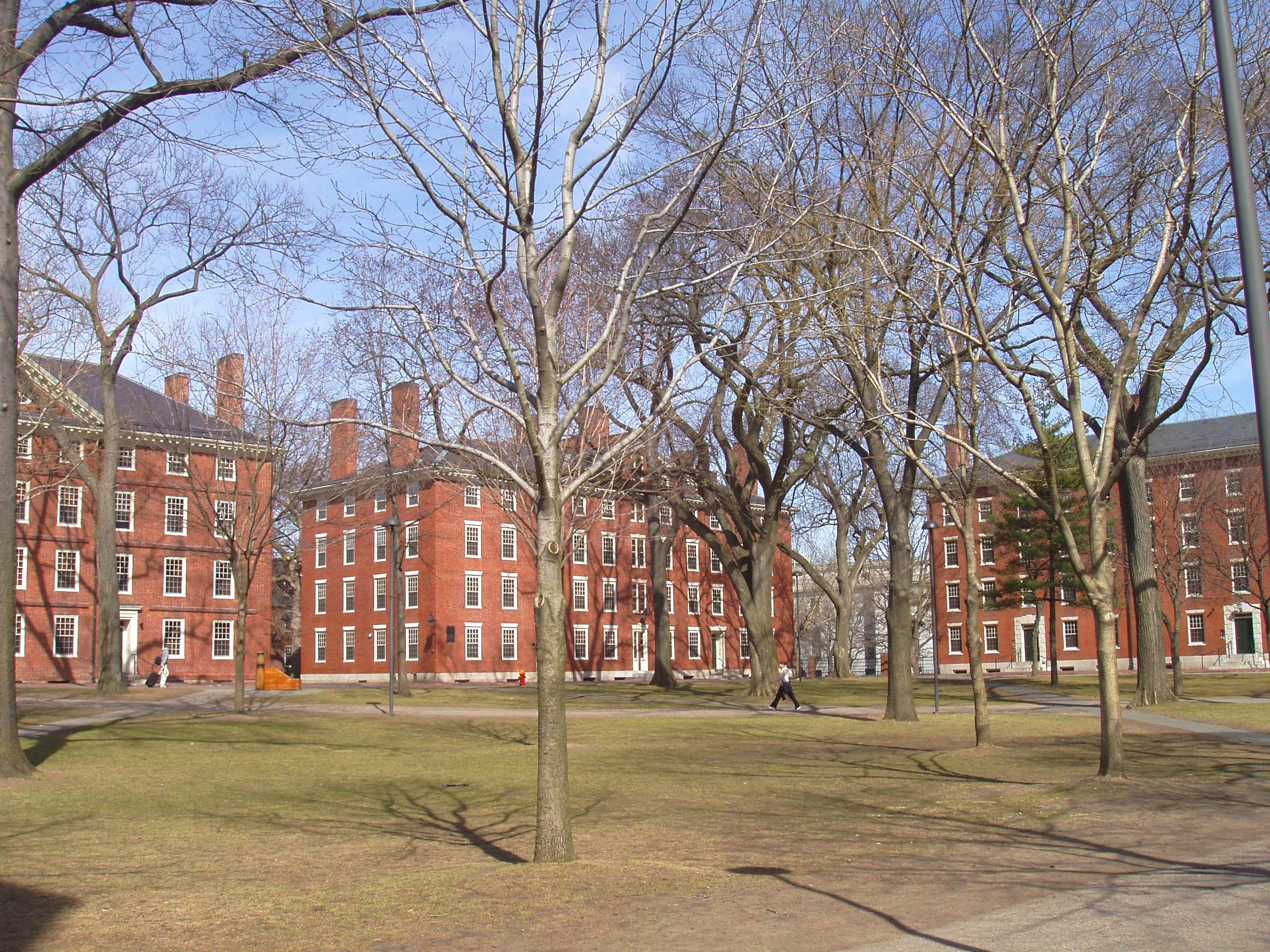Harvard faces federal civil rights probe over legacy admissions
The U.S. Education Department's Office for Civil Rights is investigating whether Harvard racially discriminates by favoring applicants with ties to donors and alumni in its admissions process, according to a letter from the agency. The probe comes in response to a complaint filed on July 3 by three civil rights groups, who argued that Harvard College's preference for "legacy" undergraduate applicants overwhelmingly benefits white students, violating a law that bans race discrimination for programs receiving federal funds, as do virtually all U.S. colleges and universities.

- Country:
- United States
The U.S. Education Department's Office for Civil Rights is investigating whether Harvard racially discriminates by favoring applicants with ties to donors and alumni in its admissions process, according to a letter from the agency.
The probe comes in response to a complaint filed on July 3 by three civil rights groups, who argued that Harvard College's preference for "legacy" undergraduate applicants overwhelmingly benefits white students, violating a law that bans race discrimination for programs receiving federal funds, as do virtually all U.S. colleges and universities. Many colleges and universities use legacy admissions policies, but they have drawn renewed scrutiny since June, when the Supreme Court struck down race-conscious policies adopted by Harvard College and the University of North Carolina to ensure that more non-white students are admitted.
Applicants with legacy or donor ties to Harvard College, the undergraduate school of Harvard University, are nearly 70% white, and six to seven times more likely to be admitted than regular applicants, according to the complaint. Those statistics were calculated from Harvard admissions data that became public as a result of the case that the Supreme Court decided in June. The Education Department is expected to collect even more current data in the course of its investigation.
Harvard and the Education Department did not respond to requests for comment. Wesleyan University and the University of Minnesota's Twin Cities campus announced they would stop using legacy admissions in July, following a handful of other U.S. higher education institutions that have ended them in recent years.
"Simply put, Harvard is on the wrong side of history," said Oren Sellstrom, the litigation director of Lawyers for Civil Rights, the Boston-based group representing the civil rights groups who prompted the Education Department investigation. "Momentum is growing. As more and more colleges and universities abandon these unfair preferences, those that cling to them will increasingly be seen as outliers."
Harvard has not responded to the complaint or contacted Lawyers for Civil Rights, the group said. Sellstrom spoke at a Tuesday press conference regarding the federal probe, along with representatives for two of the Boston-area civil rights groups represented in the complaint.
"This percentage that's being automatically accepted into Harvard is not fair, and it is leaving our young people of color out of the equation," said Zaida Ismatul Oliva, head of the Chica Project, an organization offering educational and professional mentorship for young women of color.
(This story has not been edited by Devdiscourse staff and is auto-generated from a syndicated feed.)
- READ MORE ON:
- Harvard University
- Harvard College's
- Boston
- Twin Cities
- Momentum
- Zaida
- Office for Civil Rights
- Oren Sellstrom
- Harvard College
- The Education Department
- Wesleyan University
- Harvard
- Lawyers for Civil Rights
- Lawyers for Civil Rights
- Ismatul Oliva
- The U.S. Education Department's
- Boston-
- U.S.










